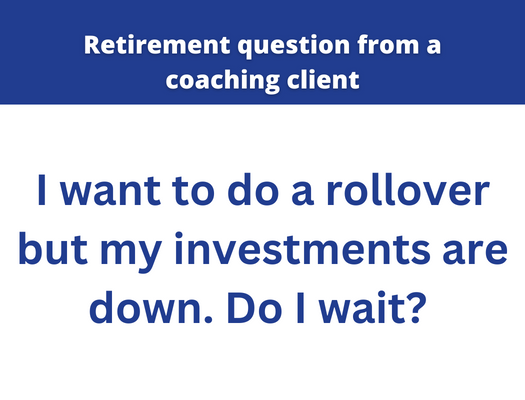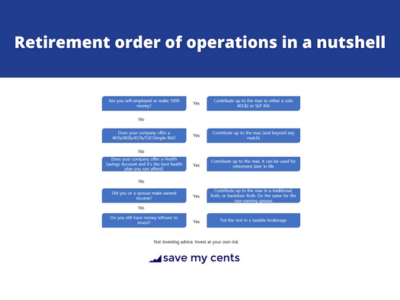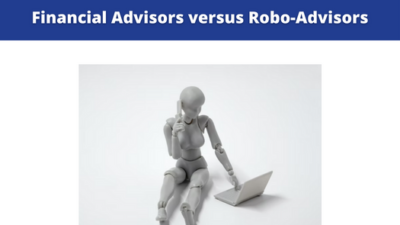When we think of stock investors, we think of intense brokers on the trading floor and people shouting expletives on Wall Street. That is actually not what investors look like these days. Professional investors and everyday investors, much like us, look like regular employees on their computers. Investing these days could be easy as filling out an online form and hitting the submit button.
My blog posts may continue affiliate links to help keep the lights on.
First, the Emergency fund → Then comes Investing
Before I go into the details, I want to highlight the importance of having an emergency fund before you start investing. Investing carries risk. That is why I don’t want you to start until you have a cushion for the bad days. Visit this blog post to learn how much to have in an emergency fund, based on your situation.
Don’t expect short term rewards
To lower your risk, tell yourself that you won’t get the money back from investing for at least five years.
My friend Ben and I have shown that your risk of losing money when investing in the stock market significantly goes away after around 6 years of holding the investment. So this means to buy and hold – set it and forget it.
Oh, and remember, stop checking your stocks, don’t pay attention to the news, just let it be. That’s simple! You don’t need to be reading financial news each day.
Diversify within the stock market by owning many companies… With mutual or index funds!
An index fund is a type of mutual fund where you can own shares of many companies. This is why I like index funds and ETFs. They hold a basket of the entire stock exchange in the United States. That means you have thousands of stocks from multiple industries. The likelihood that these would collapse in value is very low because that only happens when the entire economy grinds to a halt forever.
Watch your costs… Go for low expense ratios
Between multiple investments of a similar class (such as, when choosing between target-date funds, between total market funds, between tech mutual funds), I pick the ones with the lowest expense ratio. This is because the expense ratio is the number one predictor of performance according to Bogleheads and their research. Lower expenses mean there’s less messing around with the fund. It means more money for you. It means fewer trading and transaction costs. And more buy and to hold.
Note: An expense ratio over a lifetime of 1% means that if you expect your investments to grow 5% each year, you’ll actually get 4% a year.
Avoid analysis paralysis when picking a fund… Many are the same
There are many index funds that track the S&P 500. Why? Because this is a free market and any asset management company can create funds for you to invest in. These companies include but are not limited to Vanguard, Fidelity, Blackrock, JPMorgan. Once you dig into these you’ll see that if they’re all trying to do the same thing, they largely invest in similar aspects. That’s why I don’t kill myself over picking an index fund.
People who tell you it’s complicated are trying to make money off of you
People who are out there telling you that investing is hard and that you can’t do it on your own… Is also selling something. You can certainly take the help of a financial advisor, but I also hope that you are Googling and educating yourself alongside.
Keep it boring. Keep it simple. Spend your time on other matters!
The Save My Cents family puts money into the market on monthly and annual bases (monthly for paychecks, annual for IRAs and brokerage). We rebalance our allocations once every year or two depending on our situations. Our household net worth is in the 7 figures today. It really is that simple! We spend more time figuring out how to save money and grow our income but not so much on investing. This is probably the easiest of the 3 steps to wealth.










